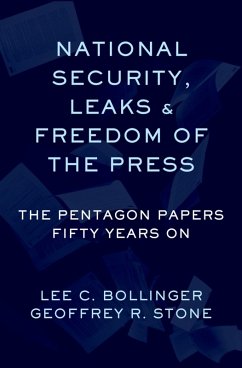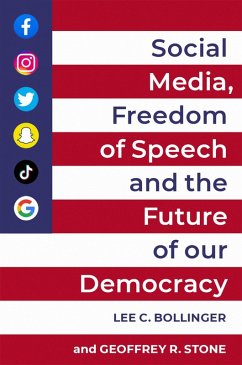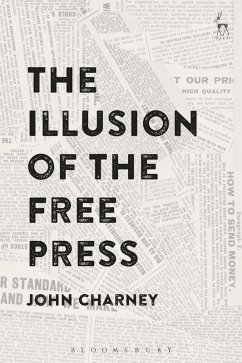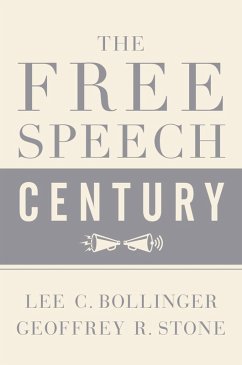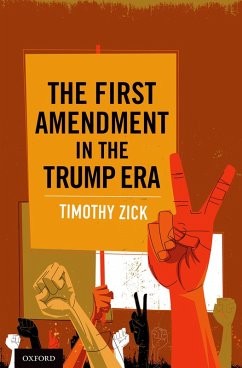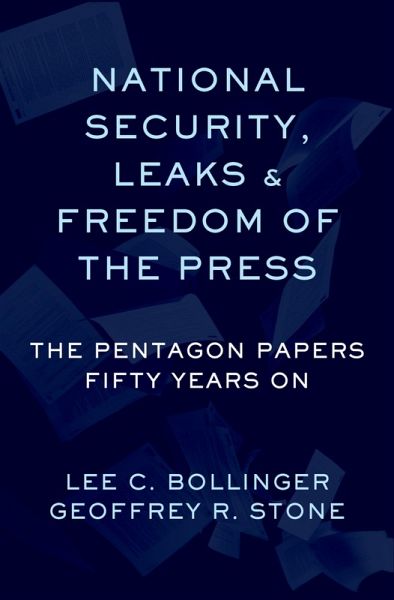
National Security, Leaks and Freedom of the Press (eBook, PDF)
The Pentagon Papers Fifty Years On
Redaktion: Stone, Geoffrey R.; Bollinger, Lee C.
Versandkostenfrei!
Sofort per Download lieferbar
9,95 €
inkl. MwSt.
Weitere Ausgaben:

PAYBACK Punkte
5 °P sammeln!
Written by a group of the nation's leading constitutional scholars, a deeply informed, thoughtful, and often surprising examination of who has First Amendment rights to disclose, to obtain, or to publish classified information relating to the national security of the United States. One of the most vexing and perennial questions facing any democracy is how to balance the government's legitimate need to conduct its operations-especially those related to protecting the national security-in secret, with the public's right and responsibility to know what its government is doing. There is no easy an...
Written by a group of the nation's leading constitutional scholars, a deeply informed, thoughtful, and often surprising examination of who has First Amendment rights to disclose, to obtain, or to publish classified information relating to the national security of the United States. One of the most vexing and perennial questions facing any democracy is how to balance the government's legitimate need to conduct its operations-especially those related to protecting the national security-in secret, with the public's right and responsibility to know what its government is doing. There is no easy answer to this issue, and different nations embrace different solutions. In the United States, at the constitutional level, the answer begins exactly half a century ago with the Supreme Court's landmark 1971 decision in the Pentagon Papers case. The final decision, though, left many important questions unresolved. Moreover, the issue of leaks and secrecy has cropped up repeatedly since, most recently in the Edward Snowden and Chelsea Manning cases. In National Security, Leaks and Freedom of the Press , two of America's leading First Amendment scholars, Lee C. Bollinger and Geoffrey R. Stone, have gathered a group of the nation's leading constitutional scholars-including John Brennan, Eric Holder, Cass R. Sunstein, and Michael Morell, among many others-to delve into important dimensions of the current system, to explain how we should think about them, and to offer as many solutions as possible.
Dieser Download kann aus rechtlichen Gründen nur mit Rechnungsadresse in A, B, BG, CY, CZ, D, DK, EW, E, FIN, F, GR, HR, H, IRL, I, LT, L, LR, M, NL, PL, P, R, S, SLO, SK ausgeliefert werden.




